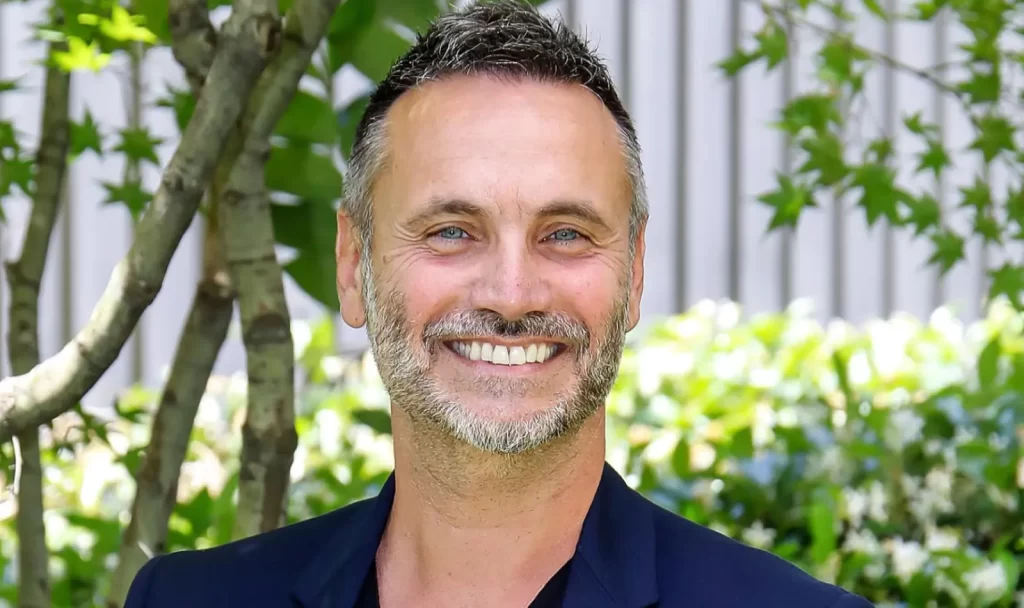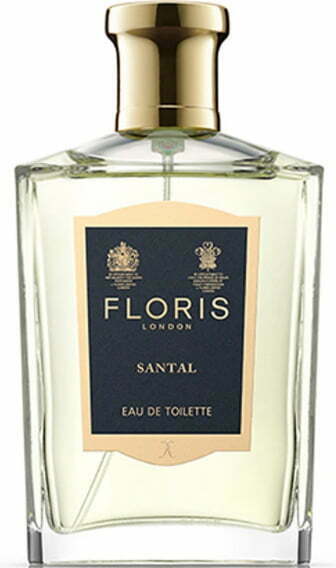NEK

Filippo Neviani (born 6 January 1972), known by his stage name Nek, is an Italian singer-songwriter and musician. Nek is popular in Italy and throughout the Spanish-speaking world and has performed and released most of his albums in both Italian and Spanish.
Nek first gained international success in 1997, when he took part in the Sanremo Music Festival in the Big Artists section, and although he didn’t win, the song “Laura non c’è” (in Spanish: “Laura no está”) went on to become his international breakthrough as it became a major hit in Europe and Latin America that year, as well the release of his fourth and million-selling album Lei, gli amici e tutto il resto, which was his first album to also be recorded in the Spanish language. After eighteen years he performed at the Sanremo’s 2015 edition with the song “Fatti avanti amore” where he reached second place.
During his career he has released thirteen studio albums and forty-eight singles, which include hits “Sei solo tu”, “Almeno stavolta”, “Lascia che io sia”, “Instabile”, “La voglia che non-vorrei”, and it has been reported that he has sold over 10 million records.
Filippo Neviani was born on 6 January 1972, in Sassuolo, Modena, Italy. He began playing drums, bass, and guitar at nine years of age. He was especially influenced by country musicians like John Denver and later Sting. In the late 1980s, he began searching for a well-defined expressive identity and started playing in small clubs with his country music-oriented band “Winchester”, and subsequently enjoyed budding notoriety in the Bologna province with the soft-rock band “White Lady”. In 1991 began his solo career when he earned second place at the Castrocaro Music Festival, which at the time represented a major promotional opportunity for emerging artists.
His stage name Nek dates back to 1992 when his first album was released with the name Nek, released by the at the time famous record label Fonit Cetra. In 1993 he finished in third place in the Newcomers section of the Sanremo Music Festival, with the song “In te”, which dealt with the controversial issue of abortion. It was also the title of Nek’s second album, which included a version of his song “Figli di chi”, also entered in the Sanremo Festival in 1993 and was performed by Mietta.
In the summer of 1994, he released Calore umano, his third album, and came second at the Festival Italiano, hosted by Mike Bongiorno, with the song “Angeli nel ghetto”. Also in 1994 he received his first major acknowledgment, together with Giorgia the European Award as the best young Italian pop artist.
After having signed a recording contract with WEA, which has remained his label to date (now Warner Music Group), in 1996 was released his fourth studio album Lei, gli amici e tutto il resto, with average success. In 1997 he took part in the Sanremo Music Festival in the Big Artists section, with the song “Laura non c’è” which although it failed to win the Festival, it became that year’s edition’s greatest hit.[11] The huge success of “Laura non c’è” boosted sales of the album Lei, gli amici e tutto il resto (re-released),[5] which went 6 times platinum, selling over 600,000 copies in Italy alone. That same year Nek also took part in the Festivalbar with the song “Sei grande”, and debuted on the European market; The rush-released Spanish version of the album was released in May, while complete in September;[11] according to WEA Italy Nek sold 300,000 albums in Spain and 100,000 in France, with additional 250,000 copies of “Laura non c’è” in France. In August 1998, Nek officially received the IFPI award for the album having sold more than a million copies in Europe.
The single and album have also successfully charted in Switzerland, Belgium, Austria, Portugal, Sweden, Finland and Germany. Nek’s confirmation as a major international artist arrived when the album was published throughout Latin America, including Brazil, Argentina, where the single “Laura no está” became a hit song and both it and the album were certified Gold, Peru, Colombia, and the album 100,000 copies sold in Mexico in its Spanish version.
In Spain, he was nominated for the Premio Amigo in the “Best New Artist/Revelation” category, while the album at the Billboard Latin Music Awards in 1999 for the “Rock Album of the Year” award. Nek commented how his previous inexperience and the search for musical identity, and when switched labels, the change of musical style from traditional Italian pop to more Anglo pop-rock sound, resulted in his sudden success.
Nek’s fifth album In Due was released in June 1998, simultaneously in Europe, Latin America, and Japan. The single “Se io non-avessi te” immediately topped the sales charts and ranked high in all the major radio play charts for over four months, for which received the Festivalbar “Radio” award. The album went three times Platinum in Italy, Platinum in Spain, and Gold throughout Europe. In the first half of 1999, he toured Italy, Europe, and Latin America, enjoying great success wherever he performed.













